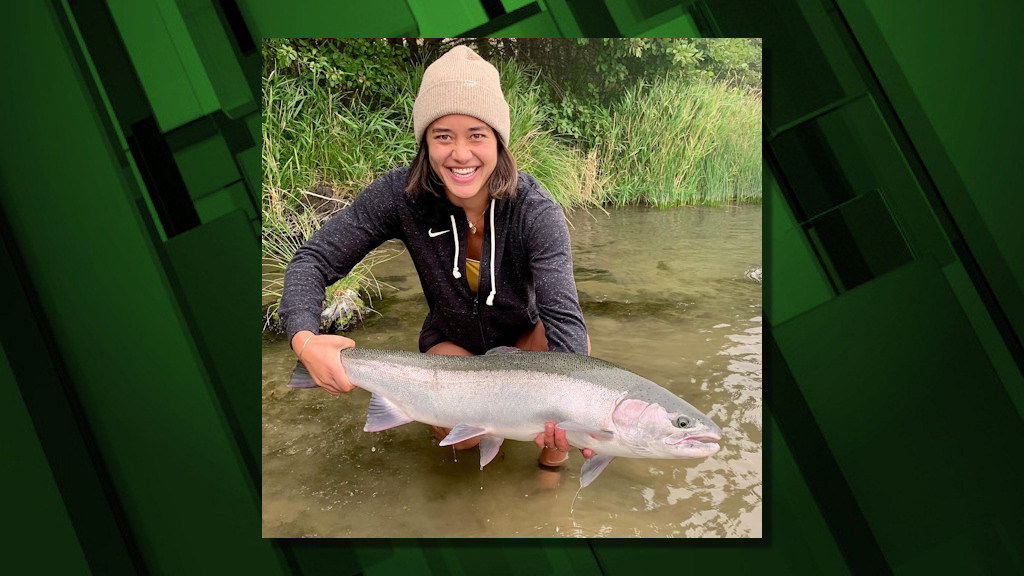Pilot projects on Deschutes, Salmon rivers aim to improve fish harvest estimation techniques

THE DALLES, Ore. (KTVZ) — Creel surveys (where state fish biologists ask for and record information about anglers’ catches) provide critical information for managing many fisheries, but can be expensive and labor-intensive.
But what if there was a reliable method for anglers to voluntarily report their catch and provide fishery managers with this information when creel surveys aren’t possible?
Thanks to a grant from the National Fish and Wildlife Foundation, two pilot projects are taking place on rivers in Oregon this fall to help assess a methodology for using voluntary catch reporting in place of creel surveys.
The Oregon Department of Fish and Wildlife is collaborating with Angler's Atlas, a private company that helps fisheries scientists from around the world answer important research questions.
Anglers who fish for hatchery steelhead in the Deschutes or Chinook in the Salmon River on the mid-coast are encouraged to participate, and may be awarded prizes for doing so.
To take part, anglers need to register with Angler's Atlas, download the MyCatch app and follow the instructions to ensure the correct data is collected. Anglers must also follow all current Oregon sport fishing regulations.
The Angler's Atlas website has more information; visit these links for the Deschutes River hatchery steelhead ECREEL and Salmon River projects. Anglers have until Oct. 15 to participate.
ODFW has heard from some people with concerns about the Deschutes pilot project and its potential impact on wild fish, due to ongoing low returns of wild steelhead.
“People are very passionate about protecting wild steelhead, and I want to reassure anyone with concerns that this project focuses on estimating hatchery steelhead,” said Jason Seals, Mid-Columbia District fish biologist. “We do not expect an increase in angler participation or conservation risk outside of typical impacts from catch-and -release of steelhead in this fishery.”
“The Deschutes has a traditional creel program which estimates harvest and catch of steelhead annually, and that isn’t going away,” he continued. “The Deschutes fishery was chosen for this project because of the corresponding data collected in the long-term creel program, which makes it perfect for comparing and evaluating the accuracy of voluntary catch reporting events from Anglers Atlas.”
